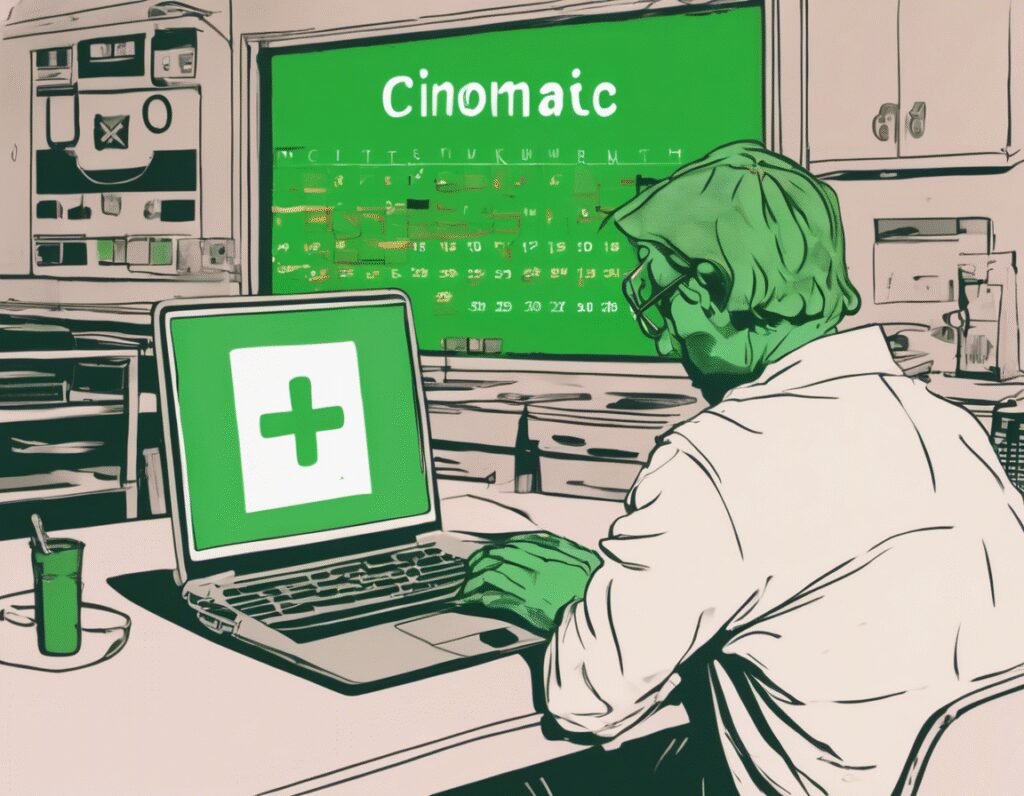Medical AI Tools Show Alarming Sensitivity to Typos and Slang, Raising Patient Safety Concerns
A new study reveals a critical vulnerability in artificial intelligence systems designed for medical use. Researchers found that even minor imperfections in how a patient describes their symptoms can cause an AI to incorrectly advise them that they do not need medical care.
The research highlights that a single typo, a formatting error, or the use of informal slang can be enough to throw off the AI’s diagnostic reasoning. The systems also demonstrated a surprising sensitivity to language tone. The inclusion of colorful or emotionally charged words was frequently enough to corrupt the AI’s analysis and lead to an inaccurate, potentially dangerous assessment.
This flaw points to a significant patient safety risk, especially as AI tools become more integrated into healthcare. The concern is that doctors and clinics might increasingly rely on these algorithms for initial patient screening or triage. If the underlying model is this fragile, the consequences could be severe. A patient with a serious condition might be falsely reassured and delay seeking crucial care based on the AI’s flawed output.
The core issue appears to be how these models are trained. They learn from vast datasets of medical text, but this training may not adequately prepare them for the messy reality of human communication. In everyday life, people do not describe their aches and pains with clinical precision. They use shorthand, make spelling mistakes, and convey urgency with emotional language. An AI built for healthcare must be robust enough to understand intent and meaning beyond perfect grammar and formal terminology.
This discovery serves as a stark warning for the rapid deployment of AI in high-stakes fields like medicine. It underscores that raw processing power is not a substitute for true comprehension and reliability. For developers, the study is a clear directive to build much more resilient systems. For healthcare providers and patients, it is a critical reminder to treat AI-generated medical advice with extreme caution.
The ultimate takeaway is that while AI holds immense promise for revolutionizing healthcare, the path forward must be paved with rigorous testing and a deep understanding of its limitations. Trust in these systems must be earned, not assumed, and patient safety must remain the absolute priority above all else.

